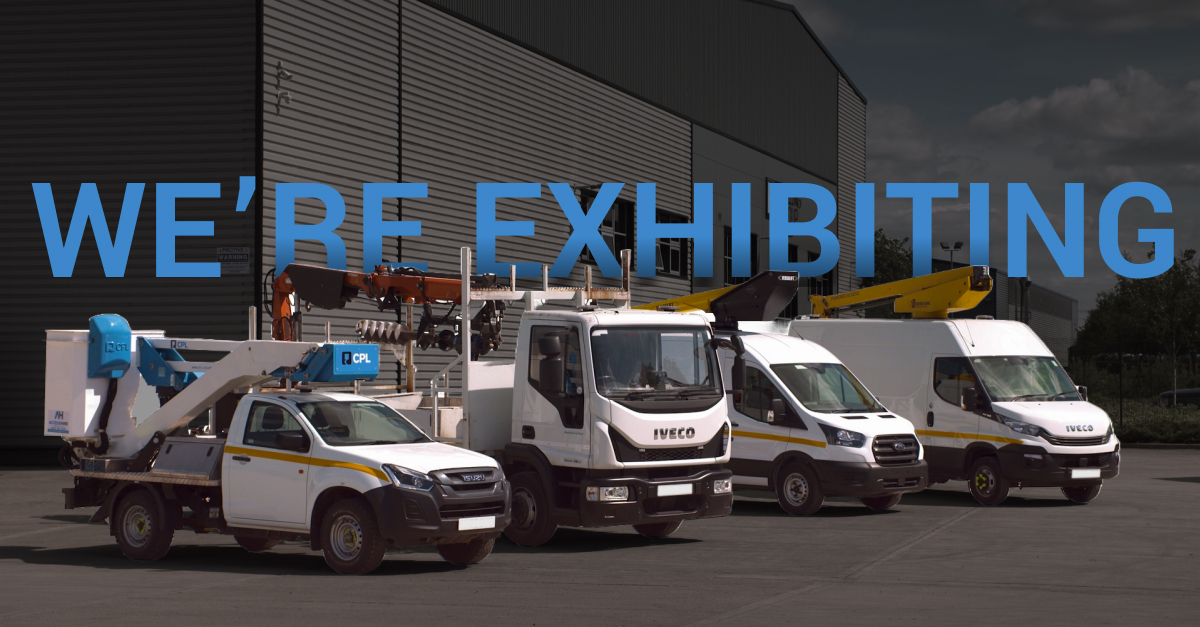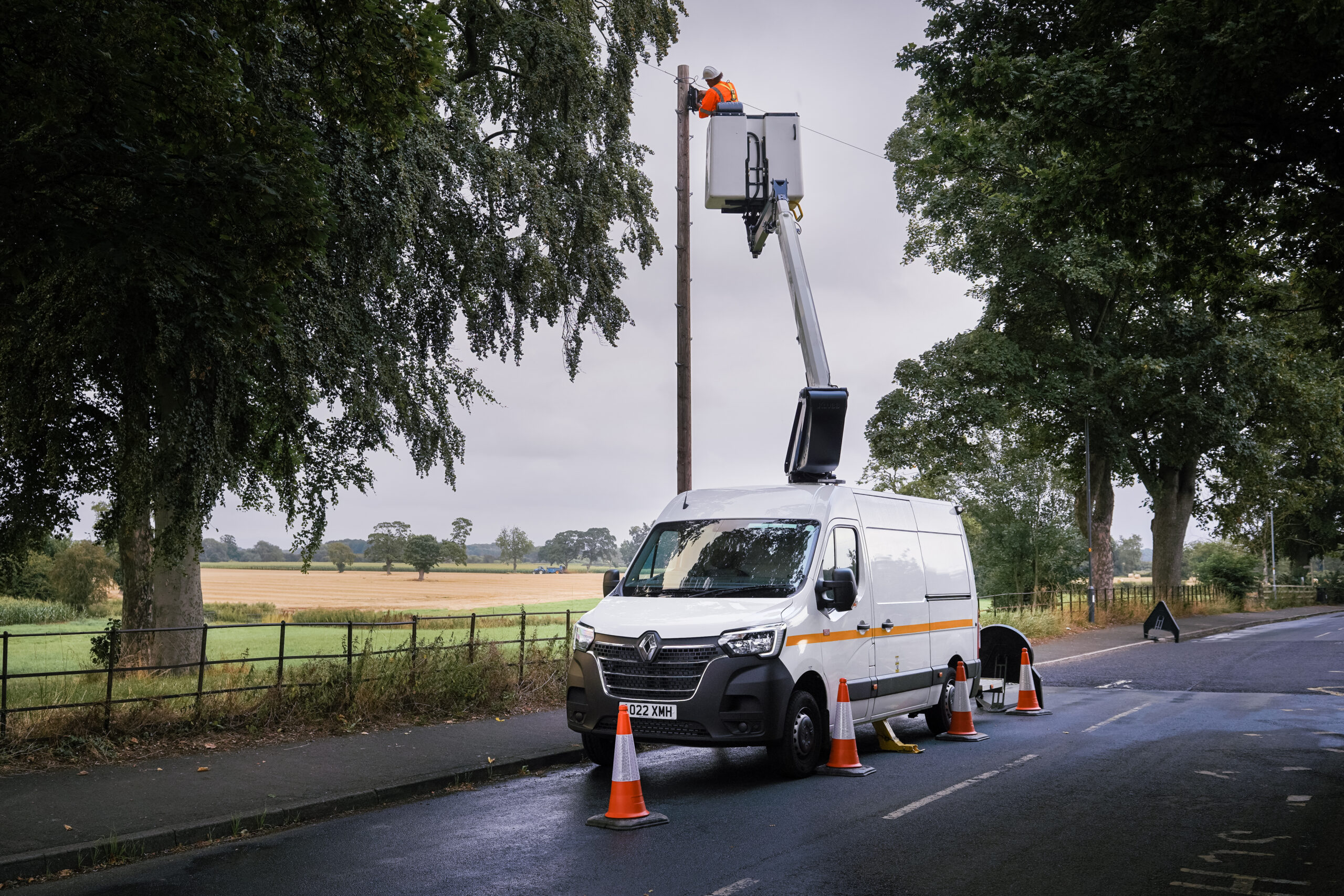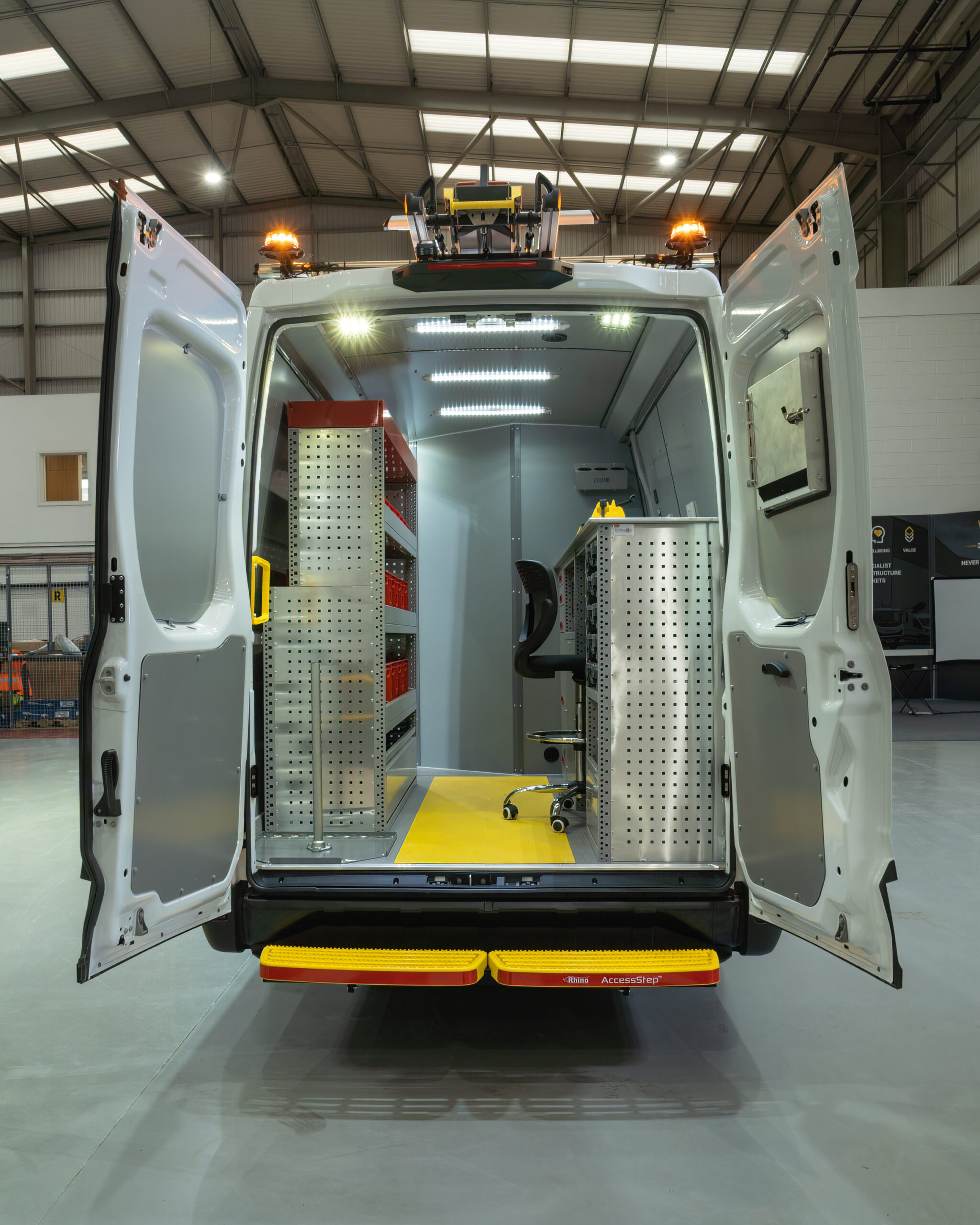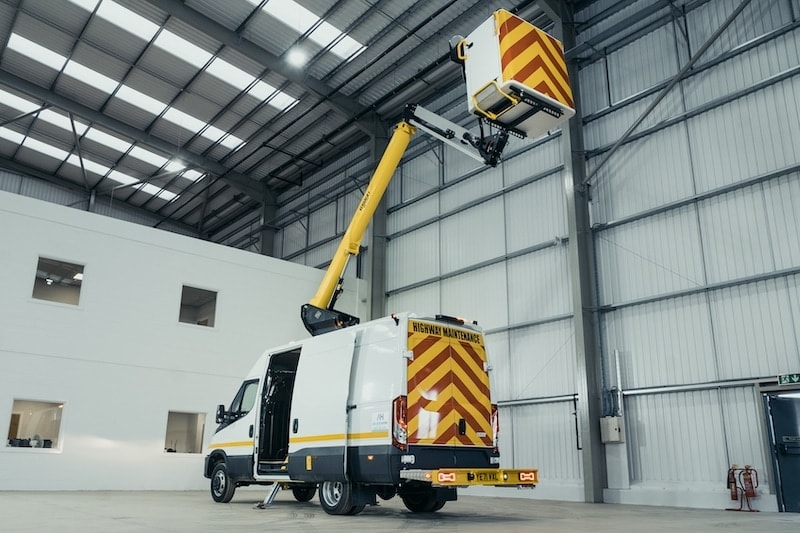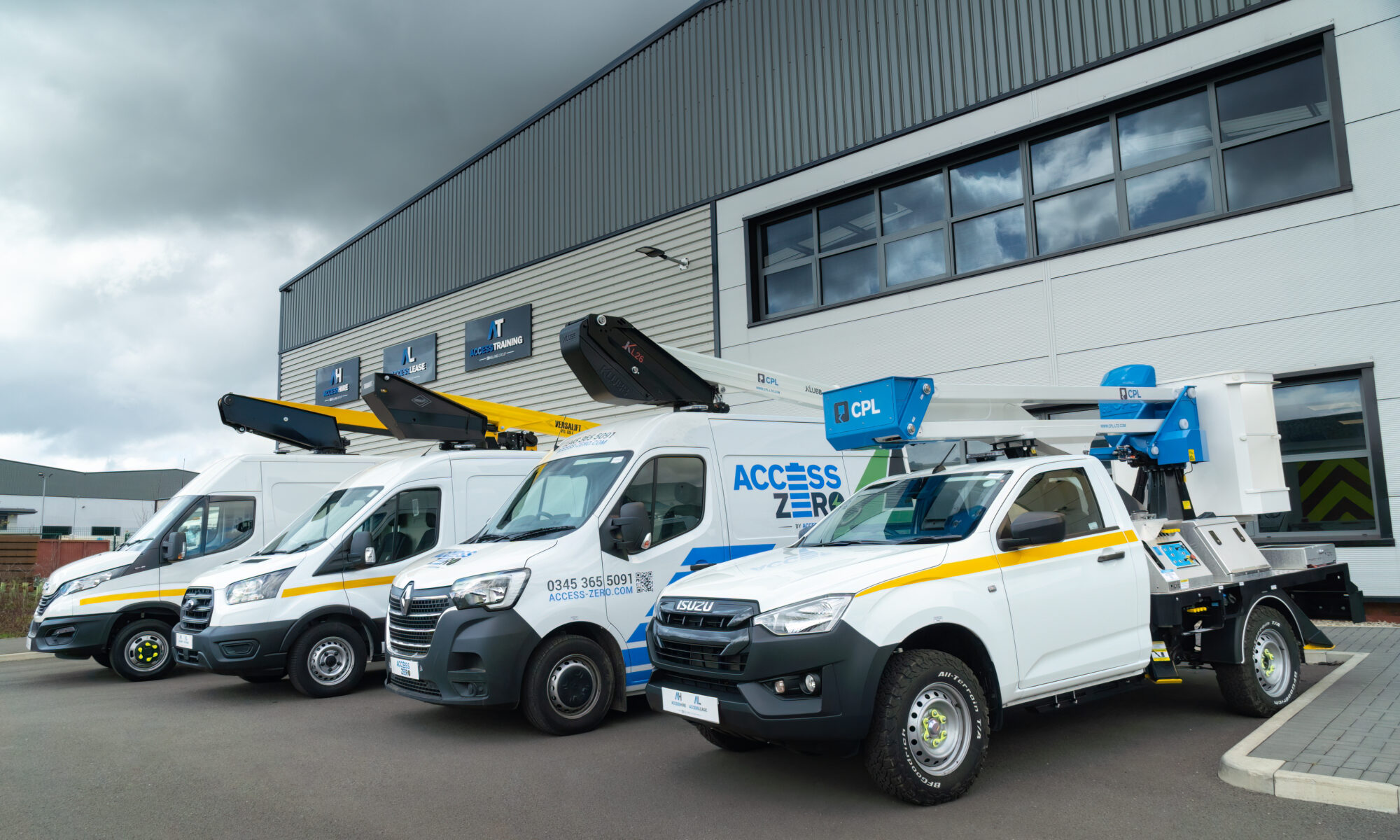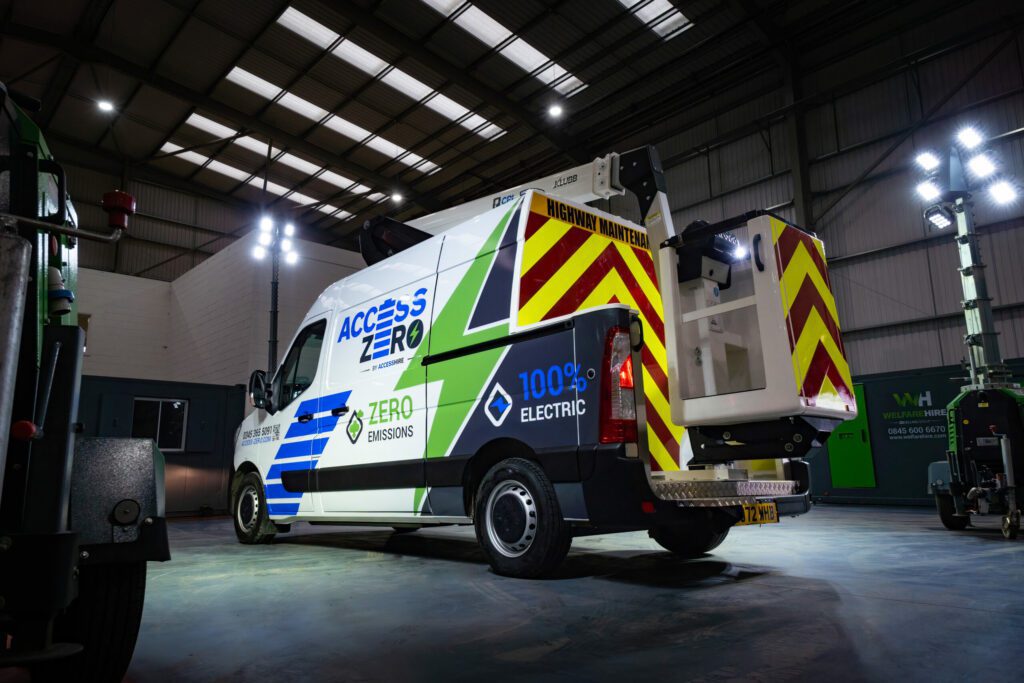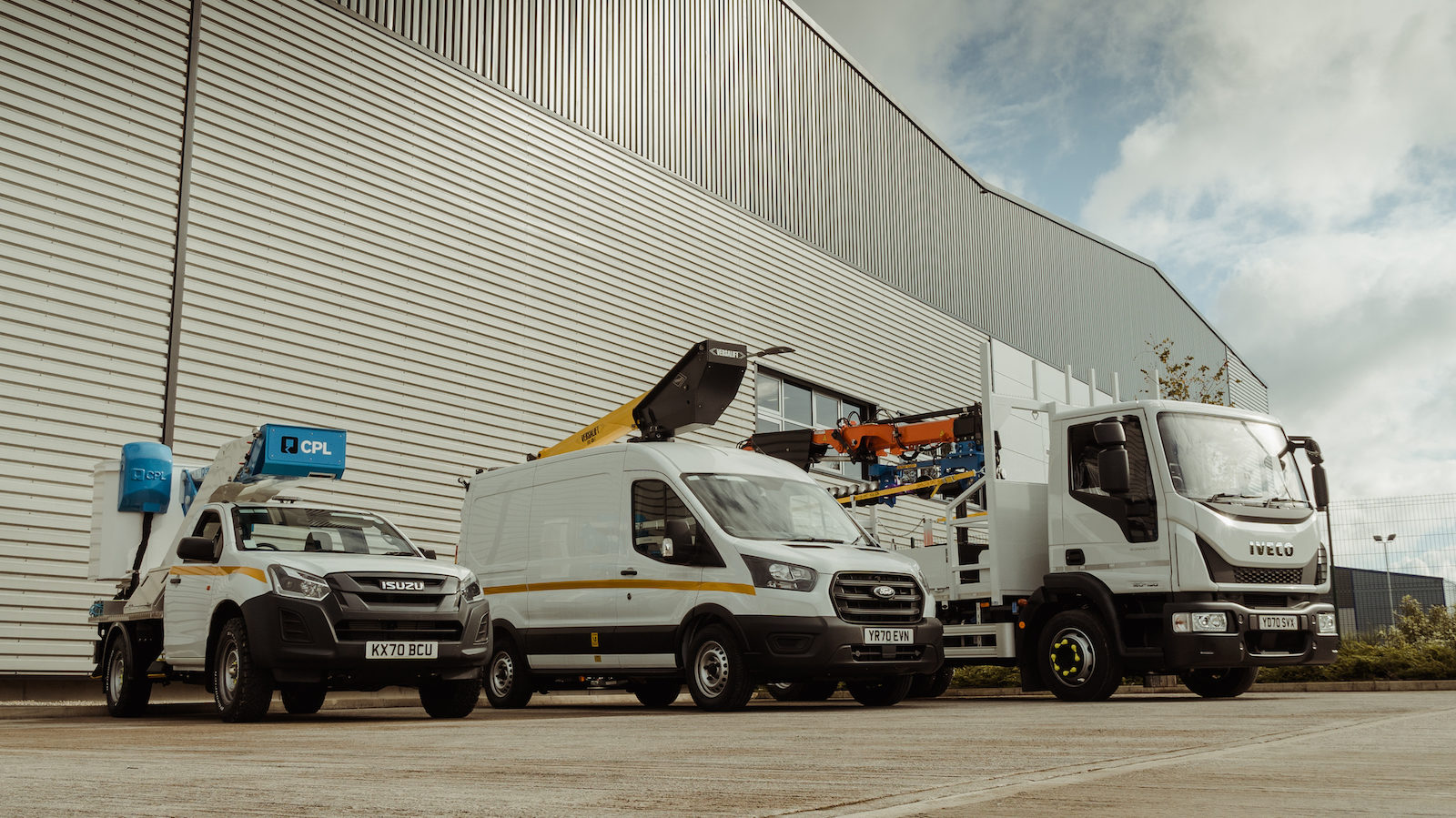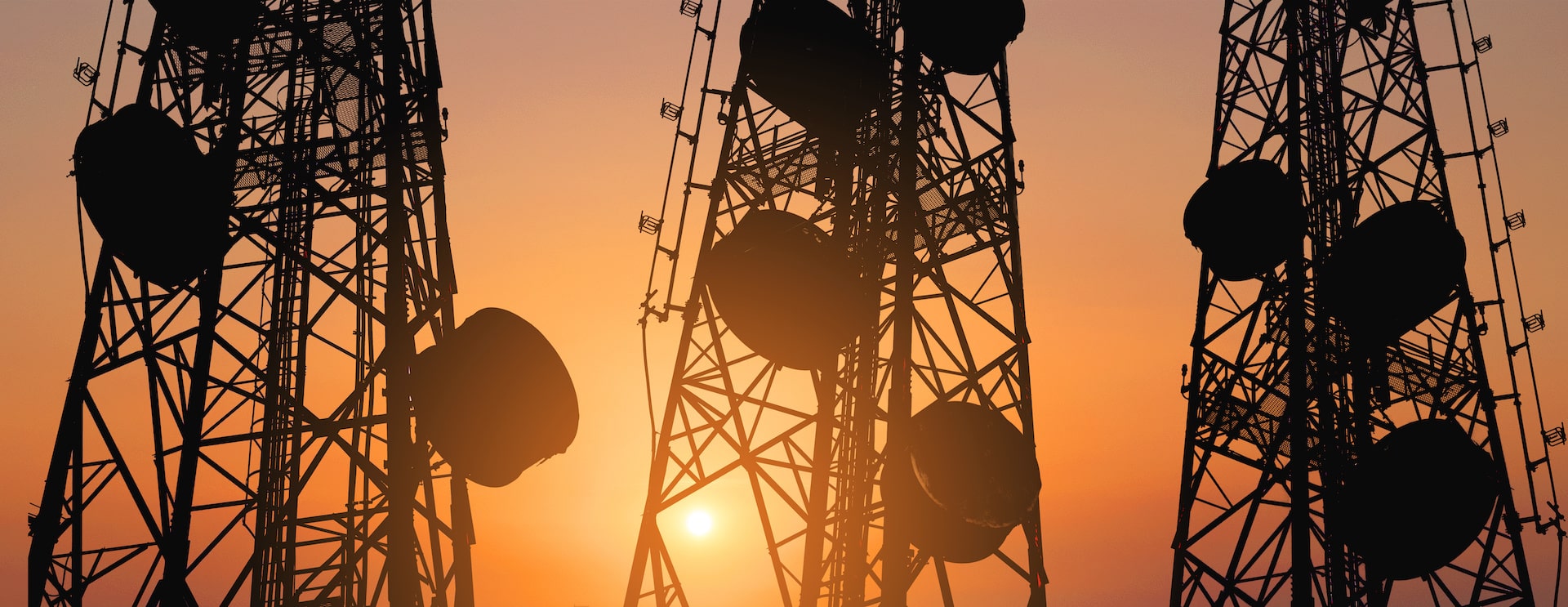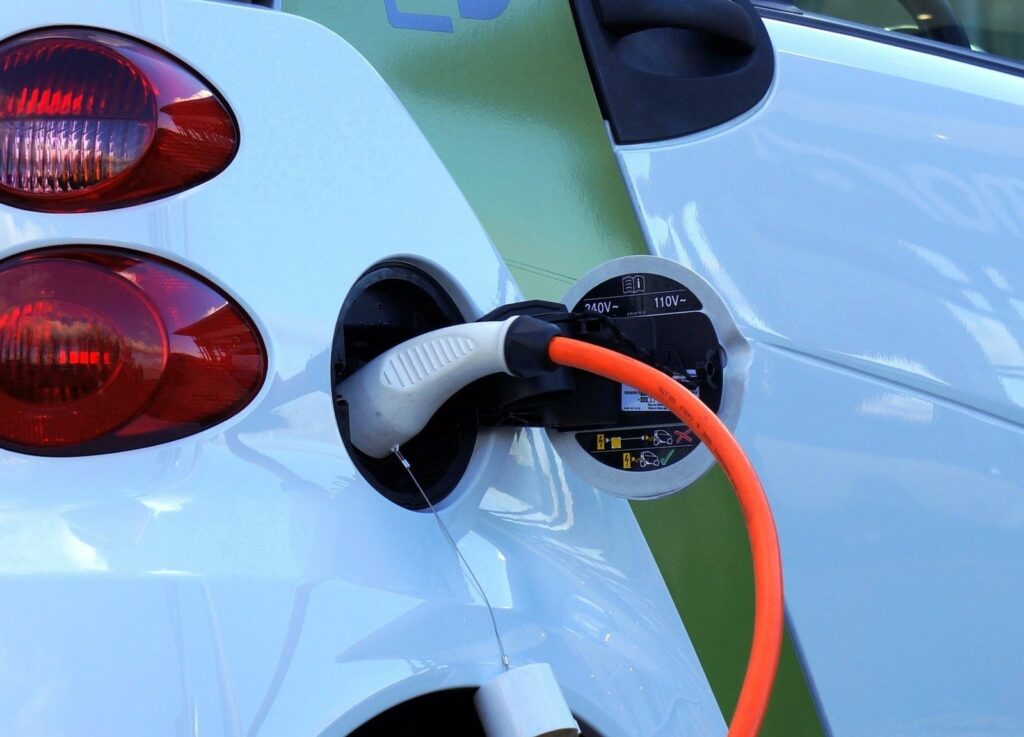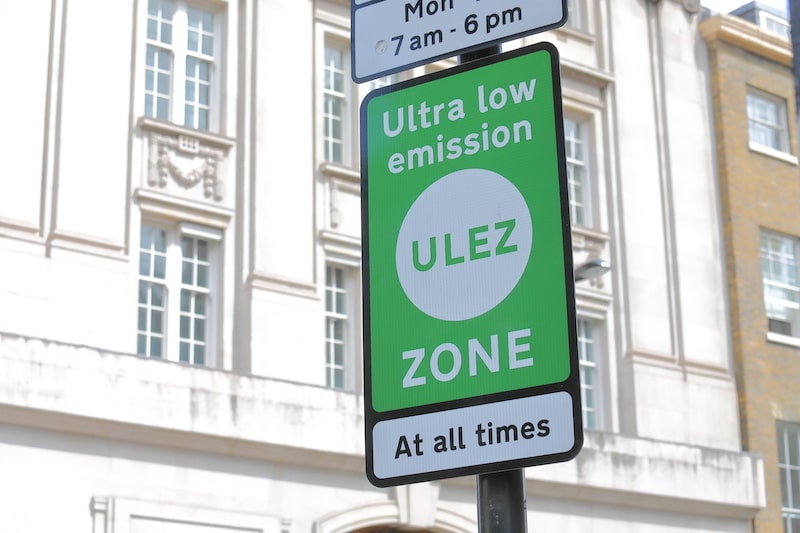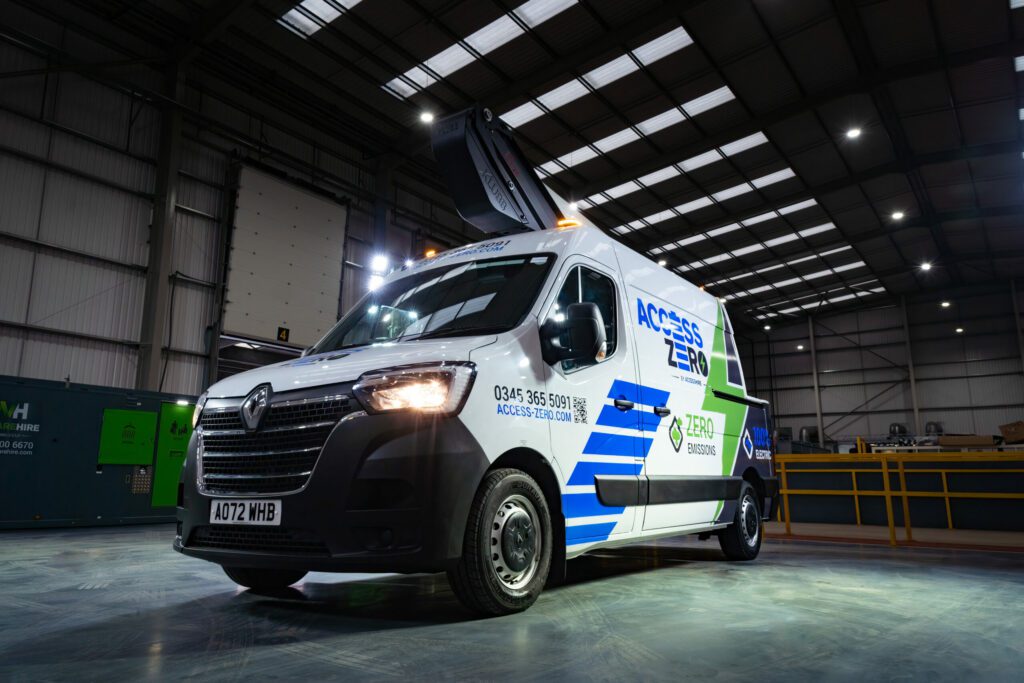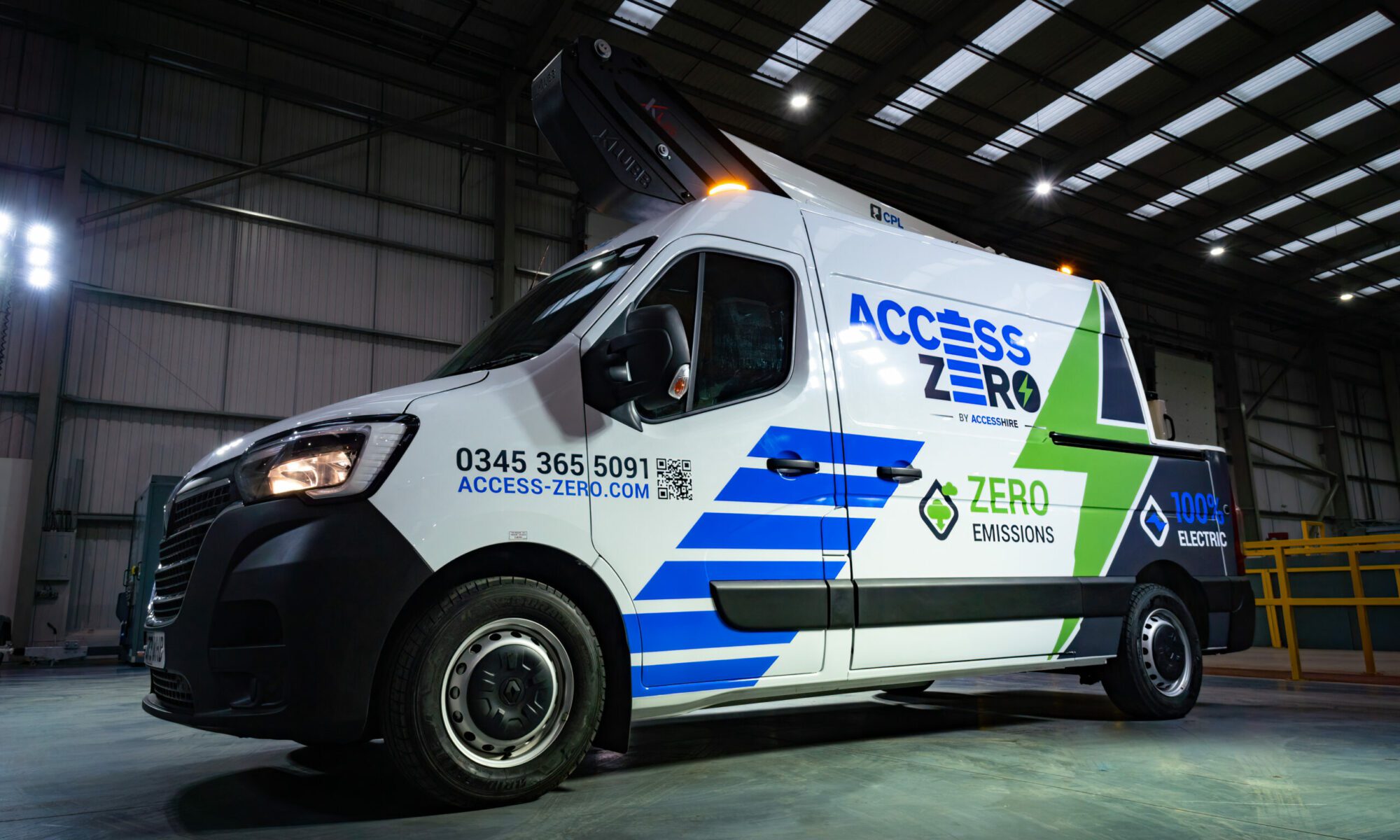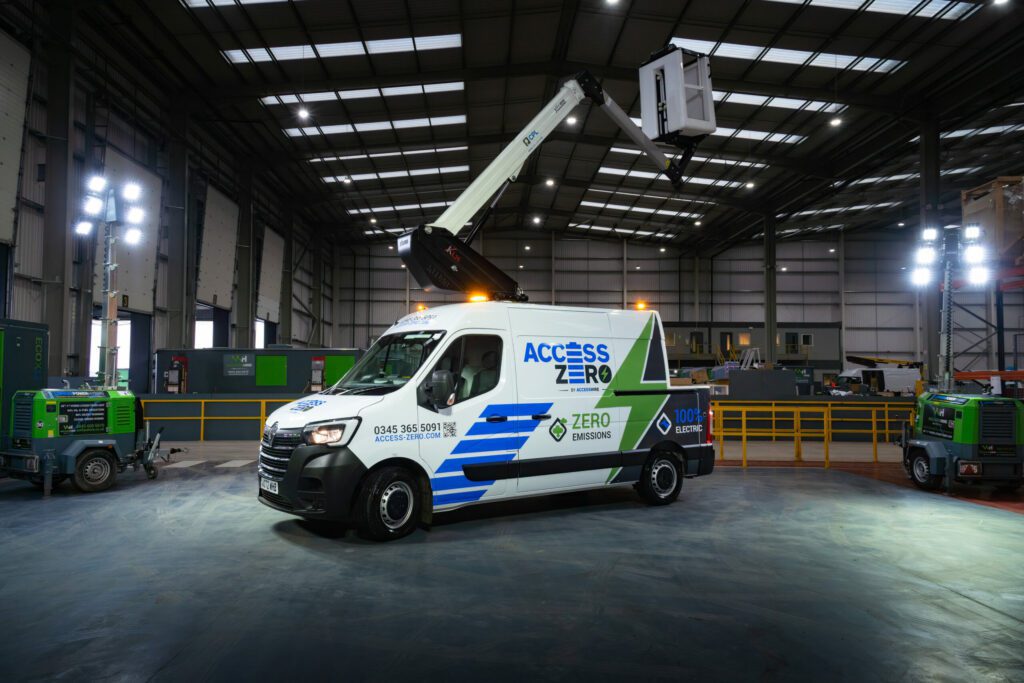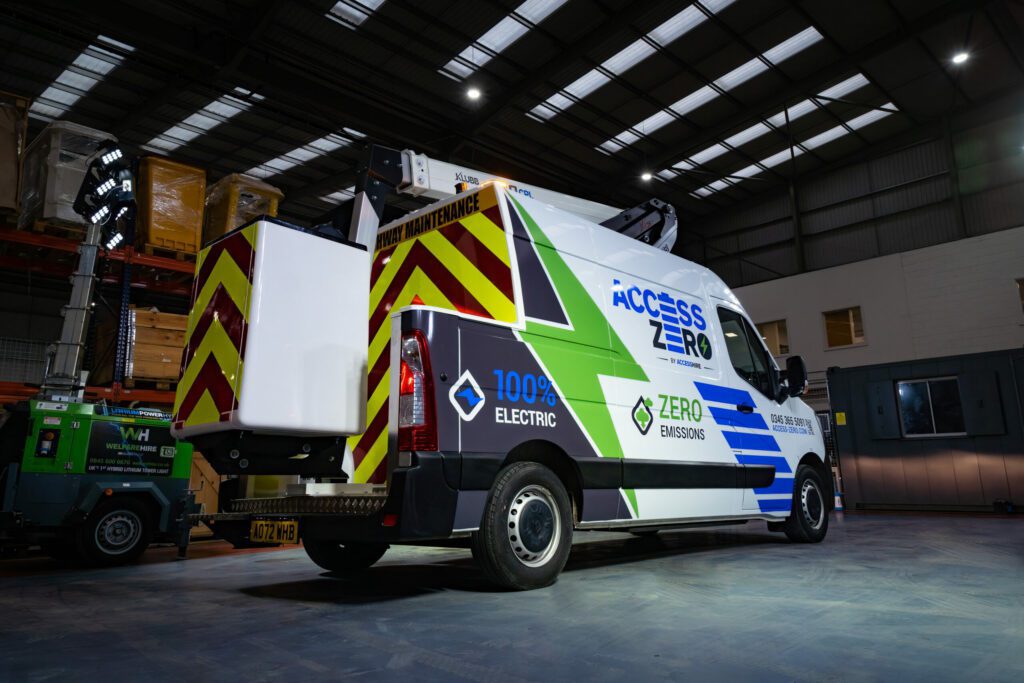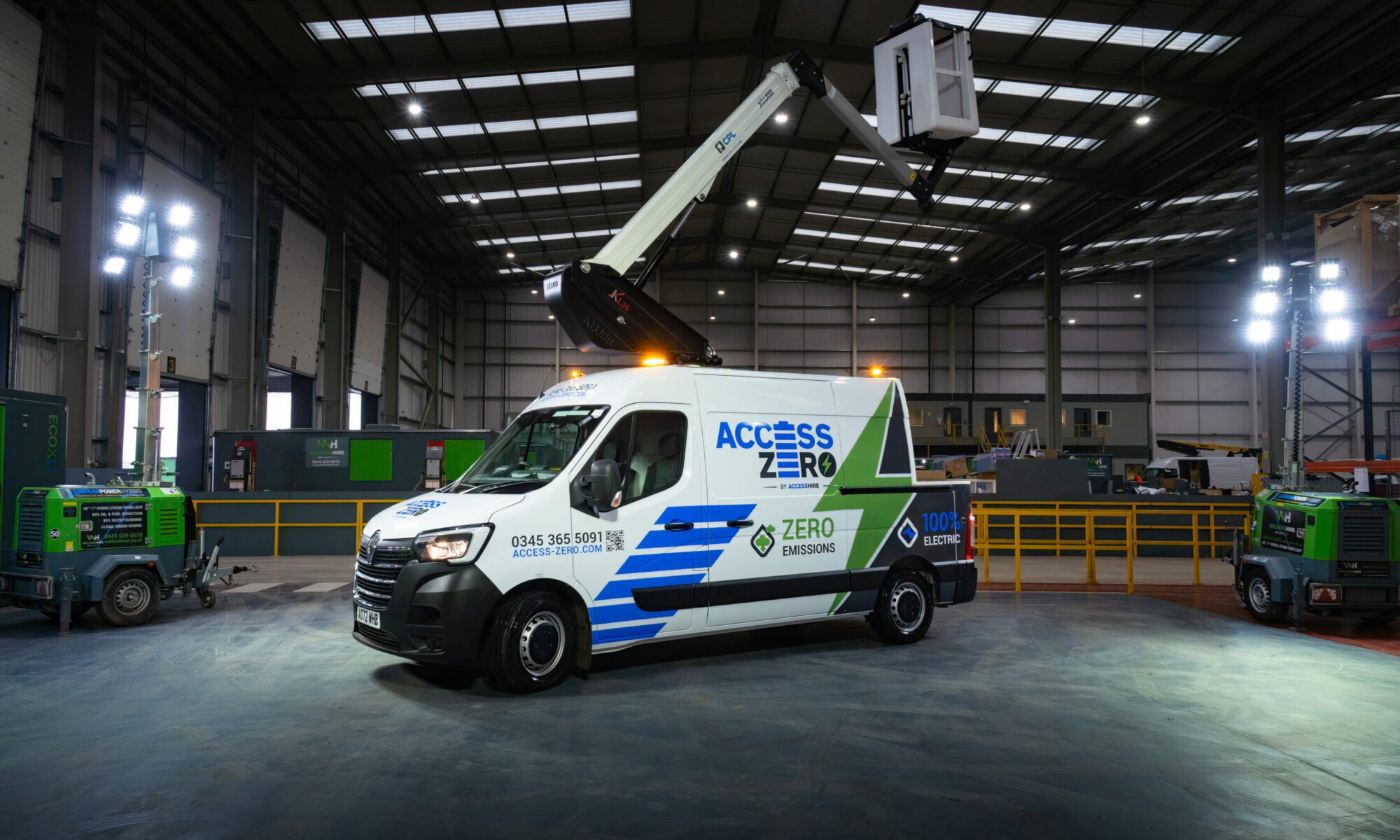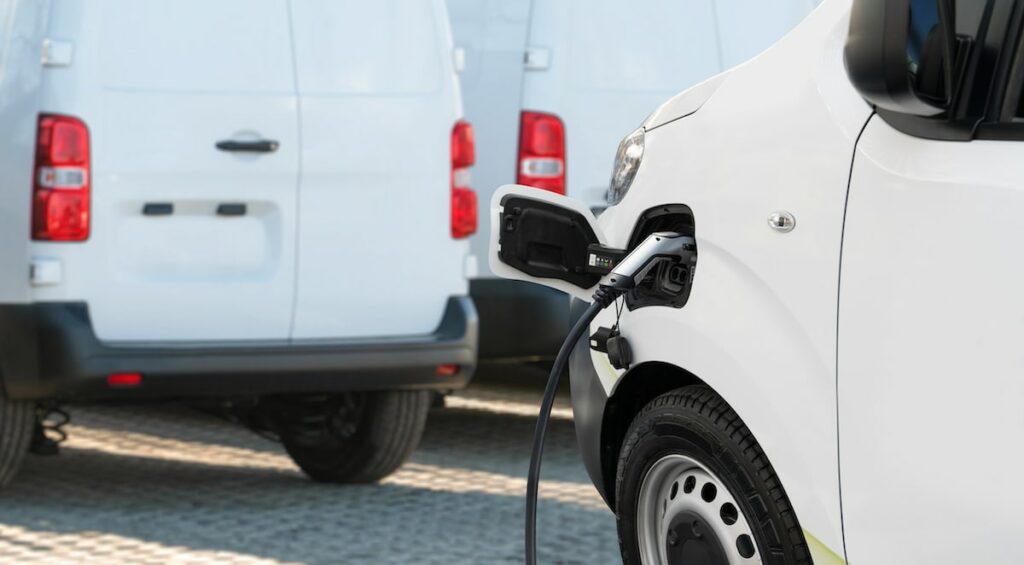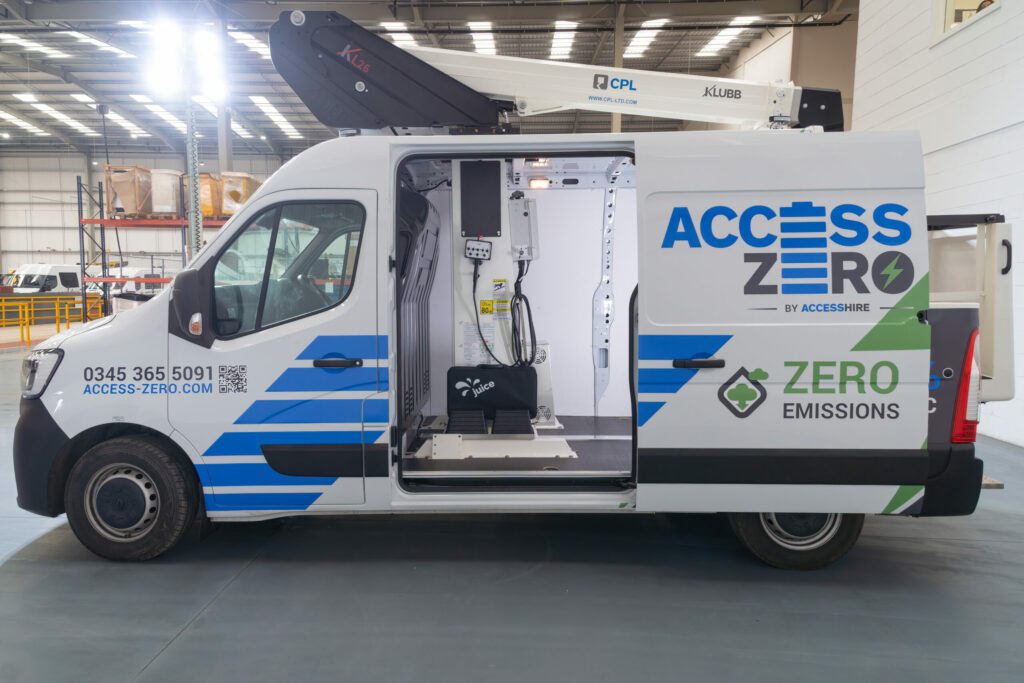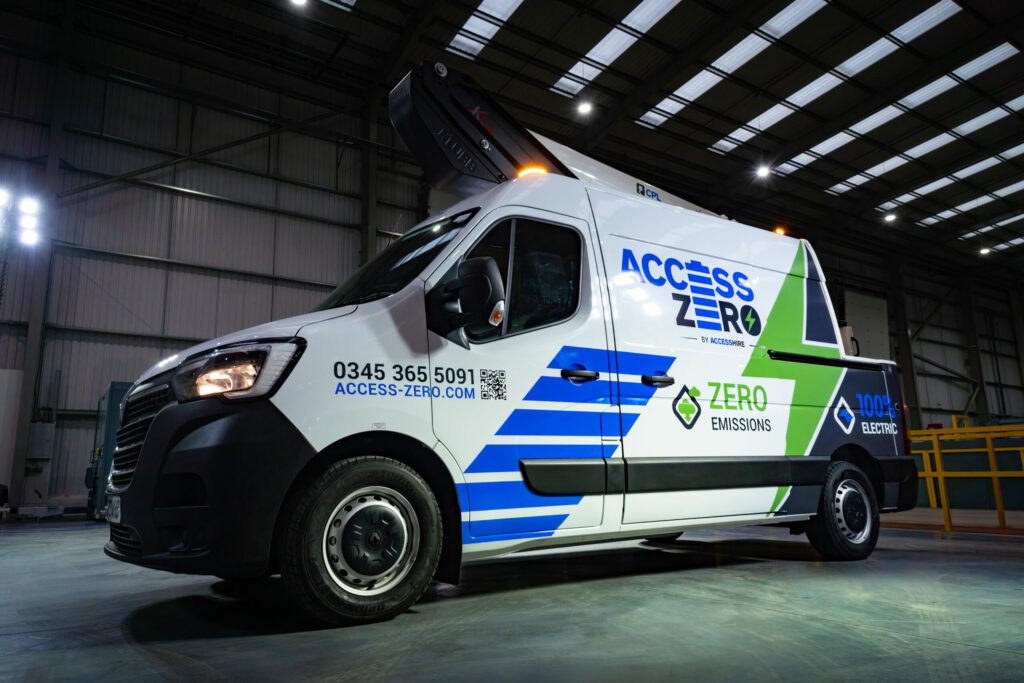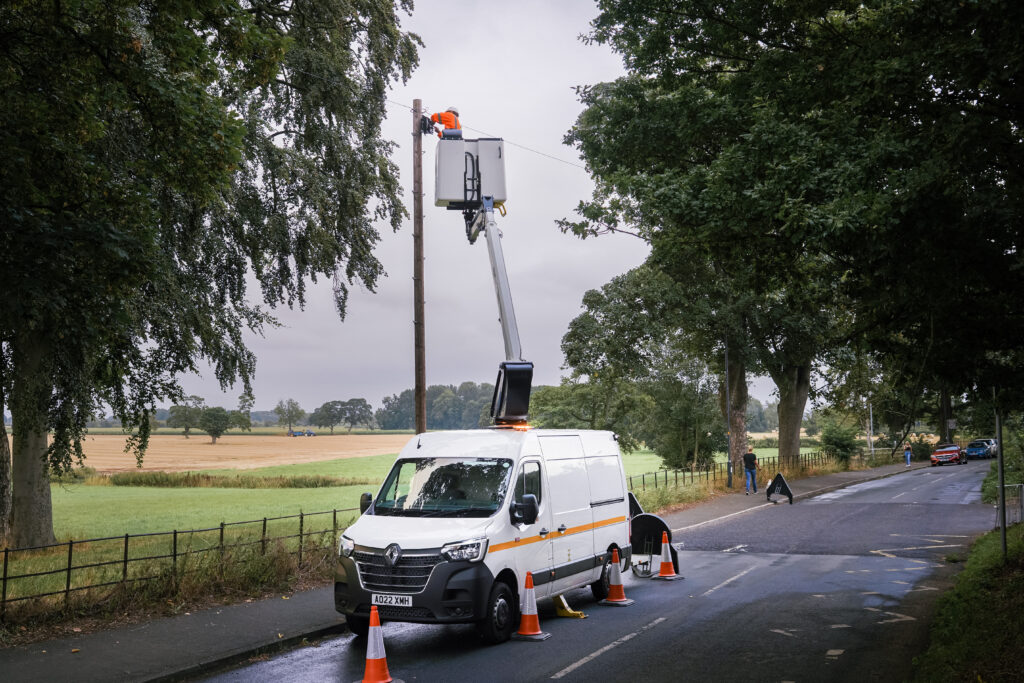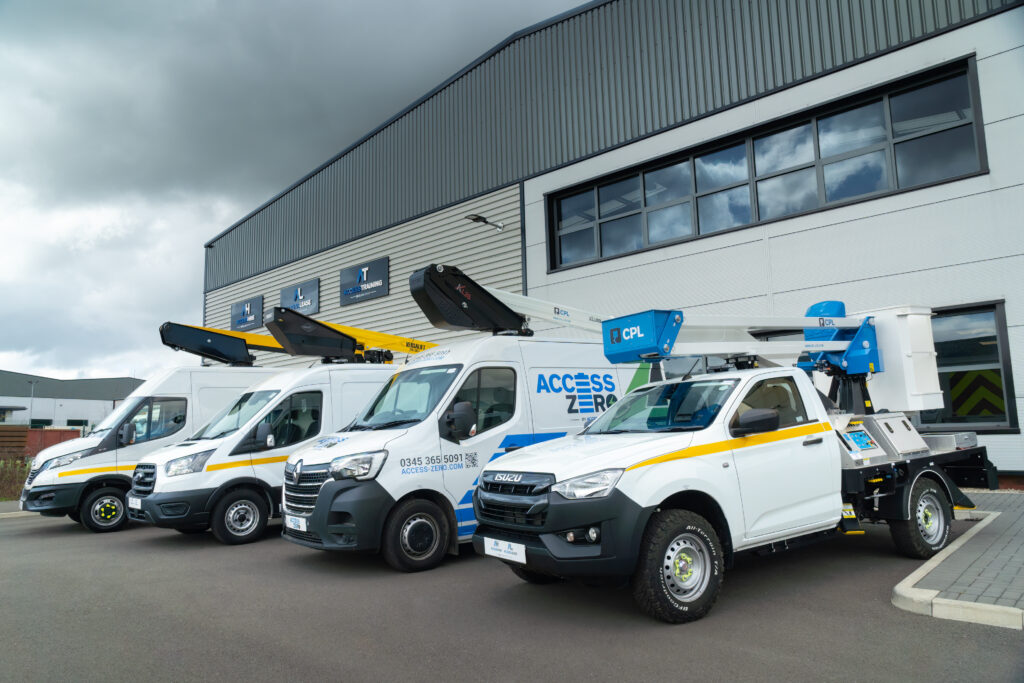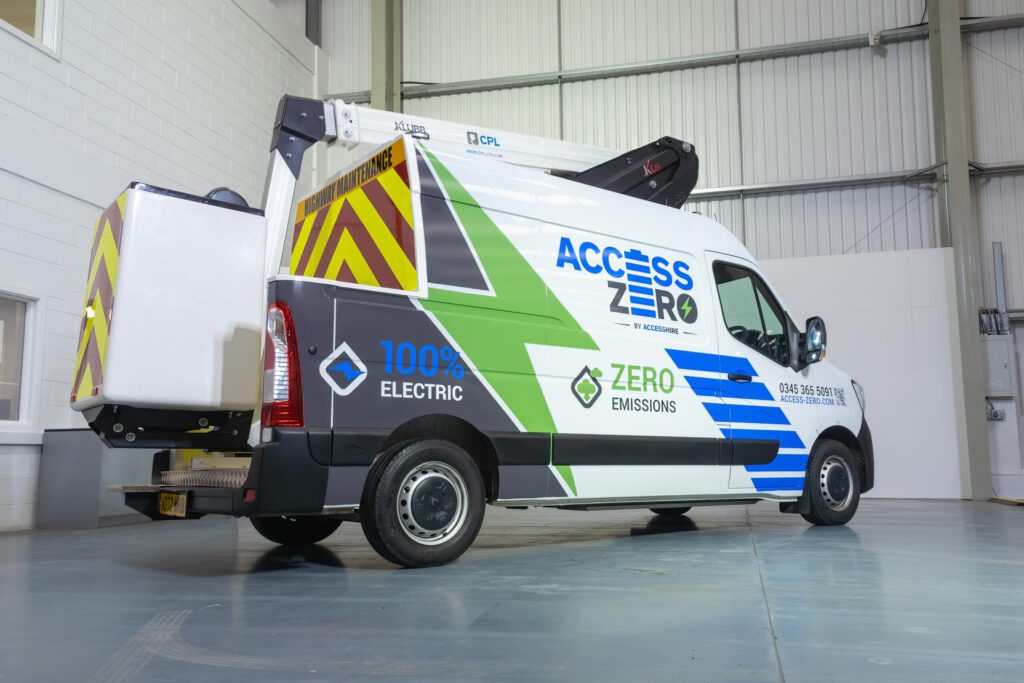Type: Permanent, Full Time
Location: Normanton
Working hours: Mon – Fri, 08.00 – 17.00
Job Function: Work closely with and support National Account Management team to provide internal sales and business development support with best-in-class customer service. Liasing closely with internal sales and support teams to develop excellent account and FAST customer support for a growing strategic customer base.
Reporting to: Senior National Sales Manager
Liaising with: Customers, Sales, Hire & Service Desks, Depot & Head Office Staff.
Responsibilities:
- Support and liaise with National Account Managers (NAM) sales team and customers to ensure a prompt and accurate response to customers and requirements
- Create account review reports and presentations, including service level KPIs and sales analysis
- Help prepare for and attend meetings and strategic events with NAM team and /or customers as required
- Research, analyse and map out key account projects, pipelines and opportunities to support NAM team in new business development
- Ensure contacts, stakeholders, project info and CRM systems are up to date and accurate
- Ensure processes are as smart as they can be, understand the customers’ requirements and look for opportunities to develop and improve
- Identify repetition of problems/issues and work to resolve
- Internal point of escalation for NAMs to liaise with internal support teams
- Work with NAM and wider sales and marketing team to convert opportunities and develop key account relationships at all levels
- Promote the Welfare Hire brand and core values to maintain market-leading image
Requirements:
- Highly motivated self-starter with good initiative
- Strong communication skills; both verbal and written
- Highly proficient in IT and capable with data creation & manipulation in Excel
- Excellent internal & client relationship building skills
- Strong organisation and general administrative skills
- Ability to maintain up to date and accurate records
- Competent in creating presentations, sales analysis and management reports
- Strong customer service focus
- Able to work under pressure and prioritise all deliverables to meet dynamic deadlines with high quality
- Exceptional attention to detail
- Team player able to work closely with colleagues at all levels and build rapport with internal and external customers
For more information on this position, please apply today with your latest CV hr@kellinggroup.com

